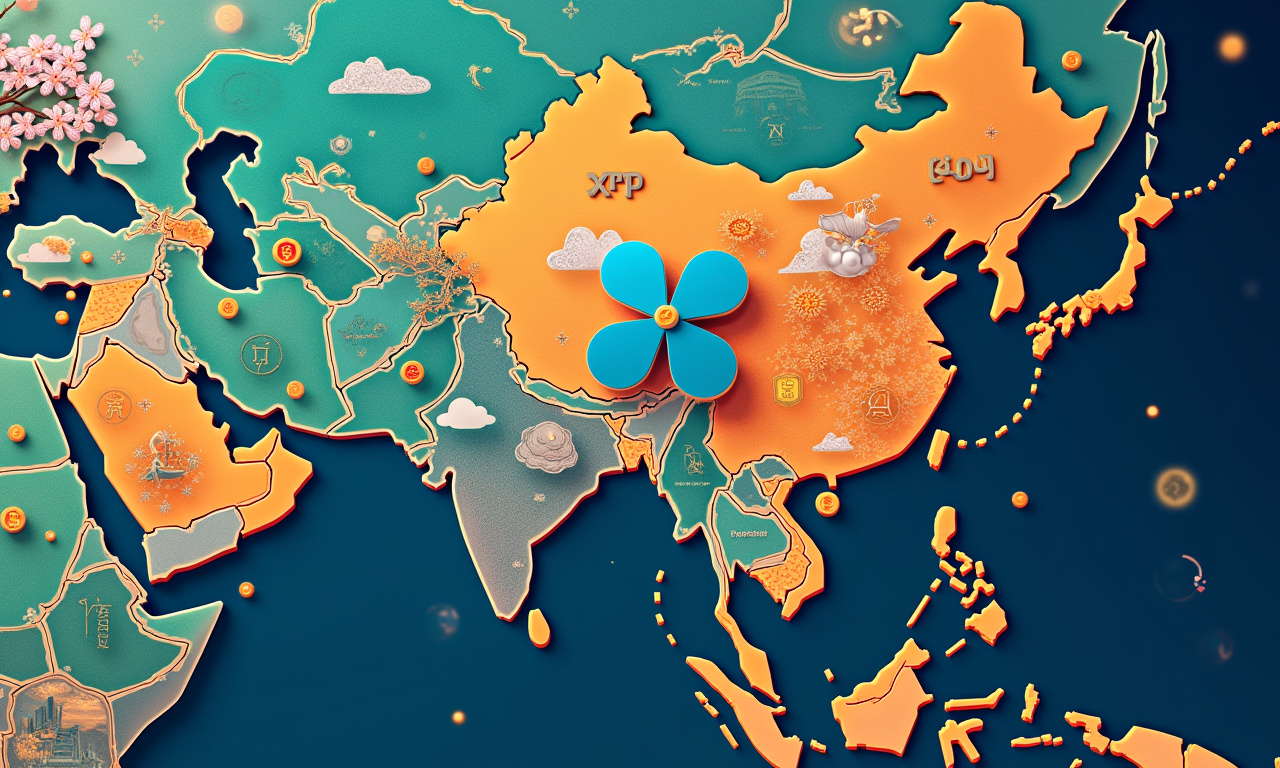
Is This AI CEO's 'Cannibalization' Strategy Genius or Insane?

Josefa dela Cruz
Meet Aling Nena, a phenomenal programmer from a little barangay in Cebu. She put her blood, sweat, and tears into creating a radical new e-commerce platform to connect people with local artisans. It was her bayanihan project, her effort to collectively uplift her community. What if a new Silicon Valley giant swooped in right when Aling Nena’s project was getting traction? Or, they could introduce a “better,” AI-driven solution that renders her job completely unnecessary. This is the Founders’ Dilemma, Philippine-style, and it’s driving Windsurf’s counter-intuitive strategy at the center of the controversy.
Is Rapid Product Turnover Ethical?
Windsurf CEO Varun Mohan on wanting to “cannibalize” his own products every 6-12 months. Scrap them. Replace them. Disrupt them. His rationale? Fine-tuning is for the weak. He wants to leapfrog ahead, driven by internal innovation, powered by the fuel of over $200 million in VC funding. On paper, it sounds like genius. In reality, it pushes the ethical imperative at stake well beyond the edge of reasonable doubt.
What about the postdocs and PhDs behind these products? The engineers, the designers, the support staff? Or, are they just interchangeable parts in Mohan’s never-ending improvements factory? For example, in a collective culture like the Philippines, where pakikipagkapwa-tao (shared identity) is often ingrained from an early age, this method seems… off.
Consider this: When a company pivots, especially that drastically, the impact on employees is rarely discussed. Are they retrained? Reassigned? Or simply let go? And what of their families, their mortgages, their dreams? It's easy to talk about "embracing risk and failure" when you're sitting on a mountain of VC cash. That’s much easier said than done when you’re constantly stressed about how you’re going to feed your family.
VC Money Fuels Ruthless Innovation?
We’re in this strategy that Windsurf is winning at that’s totally venture-capital backed, a zero-sum game where monopoly and hypergrowth are the only ways to win. In Silicon Valley, the mantra is disruption — and usually at all costs. Is this model truly sustainable, particularly when exported to other cultural contexts?
VC funding is definitely increasing in the Philippines as well, though it’s still only a small percentage of what is found in the US. This tension boilerplate for high growth temp startup growth at risk of investor funding run. Are we designing a future where Filipino founders are rewarded for optimizing for investor returns instead of employee quality of life? Are we importing a Silicon Valley ethos that undermines our own culture and values?
Now imagine a world where a Filipino startup is relentlessly pressured by VCs to pursue the same “cannibalization” approach. They might be forced to abandon a promising product, even if it's benefiting their community, simply because it's not growing fast enough. This can result in a talent drain, as skilled workers looking for better opportunities and economic stability take their talents elsewhere. It's a saklap (bitter) pill to swallow.
Genius, Insane, Or Just Tone-Deaf?
Windsurf's approach might be lauded as visionary in Silicon Valley, it's crucial to consider the broader implications. Is this real innovation, or a dangerous bet on the future of human life and federal dollars? Is it sustainable? Is it ethical?
Consider the kundiman, the traditional Filipino love song. It's about longing, resilience, and enduring commitment. It’s not a flash in the pan, it’s a slow burn. Maybe there’s a message in all of this for the climate tech startup ecosystem. Perhaps true innovation isn’t starting over every time. Instead, it looks to create something permanent that serves more than just the investors, but the whole community for generations.
Before we blindly embrace Windsurf's "cannibalization" strategy, let's ask ourselves: What kind of startup ecosystem do we want to create? Is speed of disruption your highest priority above all else? Or are you committed to long-term, sustainable growth, the health and happiness of your employees, and social responsibility? The secret, I would gamble, is found among the rice terraces of Luzon, just waiting to be uncovered.


